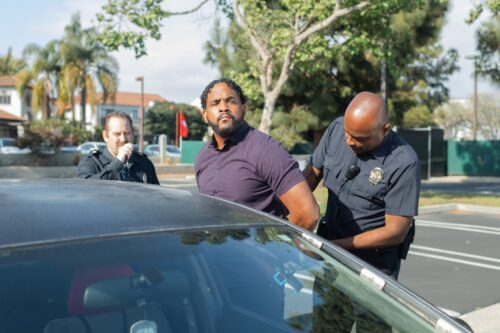
In New York, DUI checkpoints also known as sobriety checkpoints are completely legal. However, they must meet certain criteria to protect motorists’ constitutional rights. Law enforcement officers have the authority to pull motorists over and request a field sobriety test to determine if they were driving while under the influence (DUI) of illegal substances. A DUI is a criminal offense and motorists who are charged with this type of offense will face serious penalties. In the unfortunate event that you are charged with a DUI at a sobriety checkpoint, contact a skilled Garden City, NY DWI/DUI attorney who can help defend your rights.
Do I have rights at a DUI checkpoint?
Yes, motorists do indeed have rights when it comes to DUI checkpoints. Essentially, a DUI checkpoint is an effective law enforcement strategy where police are legally permitted to stop motorists with roadblocks in order to catch drunk drivers to protect the safety of everyone on the road. However, law enforcement officers are restricted when it comes to stopping a vehicle for a sobriety check. They must abide to strict procedural guidelines set forth by New York courts. Law enforcement officers must abide by certain conditions in order to protect motorists’ rights. It is imperative that motorists understand their constitutional rights when it comes to DUI checkpoints.
Firstly, law enforcement officers are not allowed to search a vehicle or person without consent from the motorist. If a law enforcement officer breaches this and conducts an unwarranted or consented search, they have violated the motorist’s rights. Motorists that turn around to avoid this type of road block are giving law enforcement officers probable cause to pull them over. Especially if they make an illegal traffic maneuver such as an illegal U-turn. In this case, a law enforcement officer is likely to detain the motorist. Law enforcement officers must use a random formula or pattern when stopping cars at a checkpoint. Motorist are legally required to provide law enforcement officers with their license and registration. Law enforcement officers will ask a motorist several questions to determine if they are driving while impaired. Additionally, they may request the motorist submit a field sobriety test to determine their blood alcohol concentration (BAC). Motorists do have the right to refuse to answer law enforcement officers’ questions as well as refuse to provide a chemical test. Motorists have the right to stay silent until they consult with their attorney. However, by refusing to submit a chemical test, motorists will have their license suspended due to implied consent laws in New York. Ultimately, New York courts take probable cause into consideration to protect motorists’ constitutional rights. Overall, motorist do have rights at DUI checkpoints.
If you or someone you love has been charged with a DUI at a sobriety checkpoint, please don’t hesitate to get in touch with one of our determined and skilled attorneys. Our firm is committed to defending our clients’ constitutional rights.
